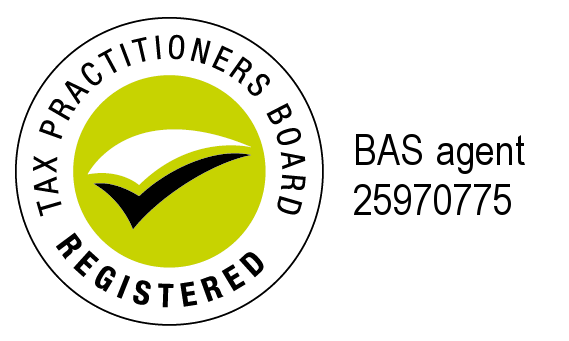Crucial processes to give your business accounts a check up.
1. Bank Accounts
It is important to reconcile your business bank accounts regularly. Reconciling your business accounts regularly avoids any documents being misplaced before reconciling and it also detects potentially fraudulent entries early. Whilst your bank account now reconciles to your statement ensuring you review the un-presented items on your bank reconciliation report and you can also investigate any long outstanding transactions or unusual items that you know have occurred. Keeping in mind that these transactions may be duplicates.
2. Creditors
Always remember to review the creditor’s detailed report and if an invoice appears that you’ve already paid, then it is possible that the payment may have been allocated incorrectly and require appropriate action or the invoice could possibly be a duplicate.
Also, ensure that you have not forgotten to pay a supplier. Whilst these things can happen and a supplier might not have contacted you for the payment it doesn’t mean they’re not grumbling about it.
3. Debtors
Always review the debtor’s detailed report and if an invoice appears that you’ve already received payment for it, then the deposit may have been allocated incorrectly and require action or the invoice could be a duplicate.
Contact any outstanding customers that may have forgotten to make payment or not received your invoice. If you’re using Xero or QBO, setup friendly automatic reminders to email the client a few days prior to the invoice being due and again if the invoice is outstanding until payment has been received
4. Payroll
Check the balance of the liability account “Wages Payable’ is $0. If there is a balance, then there is a difference between the payroll system and the payments to employees or the allocations in your software.
Consider setting up ABA files. Which you can export from your payroll software and upload to your internet banking. This improves efficiency as you no longer have to pay each employee separately, and it will also reduce typing errors.
5. Superannuation Payable
Check that the balance of the liability account “Superannuation Payable’ at the beginning of the quarter against payments made in the current quarter. If there is a difference, its possible that a payment has been returned or a payment has not been made.
6. Suspense accounts
Occasionally a usual transaction might occur that is allocated to suspense and that we intend to deal with later. Next thing we know the BAS is due and we need to lodge it, but have transactions in suspense. The longer these transactions are left, the more difficult it is for someone to recall the exact nature/provide documentation for the transaction. If you’re ever in doubt, contact your bookkeeper for assistance.
7. User Access
Always update your passwords. It seems every other month a large corporate website has had its logins compromised. Updating your password regularly can avoid any potential security threat.
Following the steps above can improve the accuracy of your accounts immediately so I’d say do yourself a favour and stay on top of your accounts regularly to avoid a potential headache in 12 months’ time.







